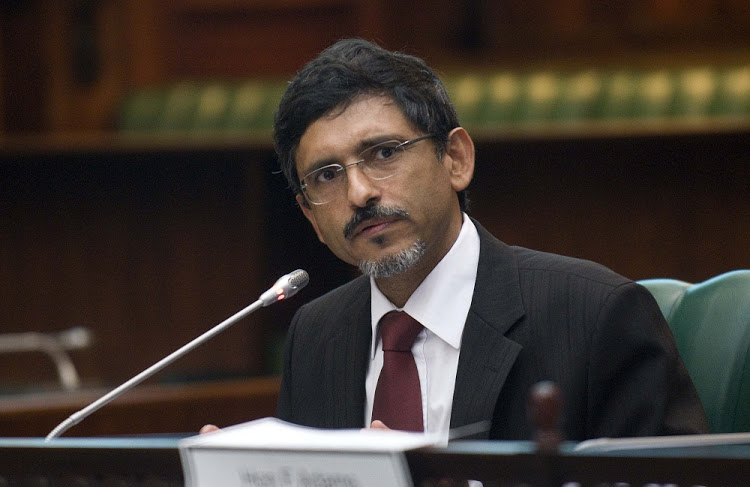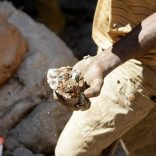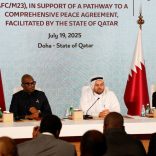DR Congo extends cobalt export ban by three months
South Africa: Rampant fuel price hikes out of state’s hands, says minister

There is nothing much the South African government can do to stem the rampant fuel increases since it imports the bulk of its requirements, Economic Development Minister Ebrahim Patel has said.
Motorists and commuters will be hit by yet another fuel price hike on Wednesday. The Department of Energy announced that 93 and 95 grades of petrol would increase by 26c per litre and 23c per litre, respectively, pushing the price to more than R16 per litre in inland provinces for the first time. The hikes will have ripple effects on the economy.
The price of a litre of petrol in SA has more than doubled in 10 years, while the fuel levy increased from about R1.30 in 2008 to the current R5.30.
Despite the steep increases in fuel prices in recent months, Patel said the cost of fuel in SA remained in line with the global average, and was among the lowest when compared to non-oil-producing countries.
Responding to a written question from the EFF in Parliament on Tuesday, Patel said there was little the government could do to control fuel inflation.
“The change in the price of petrol is typically a function of both changes in international exchange rates [particularly the US dollar-rand exchange rate] and the change in international product prices [particularly crude oil],” said Patel.
The rising fuel prices had a negative effect on the economy. Patel cited a study by the Reserve Bank, published in the Journal of Energy in Southern Africa in 2017, which found that a 10% year-on-year increase in the price of petrol resulted in a 1.2 percentage point increase in headline inflation across the economy over the long run.
In terms of the fuel levies, the minister said the revenue collected was used to improve transport infrastructure.
“This investment in transport infrastructure reduces transport costs in the economy, which in turn enables more economic participation by businesses as well as households and in turn can moderate overall inflation.”
Automobile Association spokesman Layton Beard said in terms of the cost of fuel SA was “in the medium” when compared to other countries.
“There are some countries that pay more than we do, such as Norway and Iceland where fuel is about R27 a litre. There are other countries that pay less, about R3 or R4 a litre, so I would agree with the minister [that the price remains in line with the global average],” said Beard.
However, he said questions needed to be asked about the fuel levy, which increased above inflation earlier in 2018.
During the February budget, a 52c-per-litre increase in fuel levies was announced. This comprised 22c per litre for the general levy and a 30c-per-litre increase in the Road Accident Fund levy.
The increases amounted to a total of 11%.
Beard said increases should be in line with inflation.
Cosatu spokesman Sizwe Pamla said the fuel hike would impoverish workers. He said the increase in the price of paraffin would hit poor families hardest.













Leave a Reply
Be the First to Comment!
You must be logged in to post a comment.
You must be logged in to post a comment.